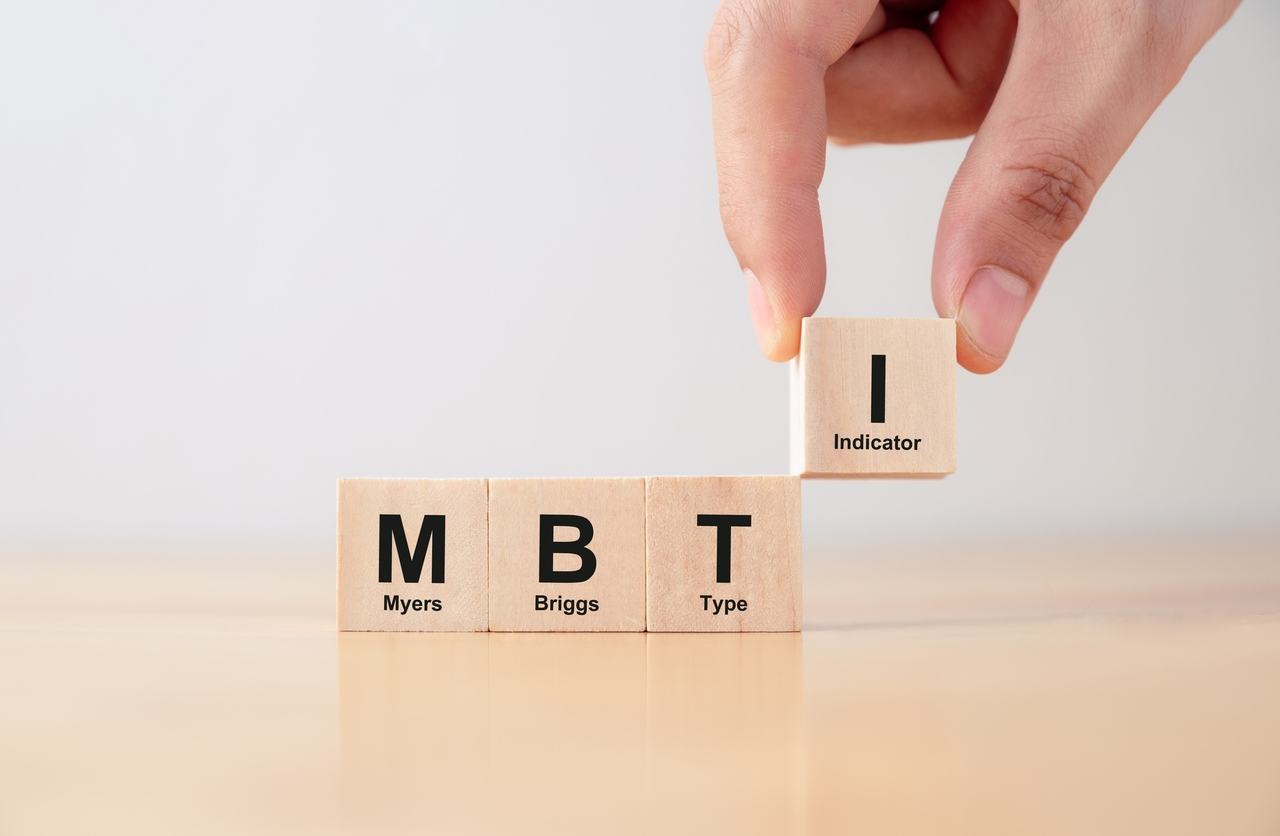
Psychometric tests have become increasingly popular in the workplace, allowing employers to get an insight into the minds of potential employees. These tests can measure qualities such as intelligence, aptitude and personality traits. But what do these psychometric tests actually involve and how do they differ? In this blog post, we’ll explore the different types of psychometric tests available, as well as what they measure and why they are important. By gaining a better understanding of these tests and their purpose, you can ensure that you make the right decision when choosing which one to use.
In a previous article, we discussed the types of tests used in recruitment. Below we will present them in a more detailed manner.
- Cognitive Ability Tests
- Personality Tests
- Aptitude Tests
The use of cognitive ability tests
Cognitive ability tests are standardized assessments designed to measure a person’s mental abilities and skills, such as memory, attention, reasoning, and problem-solving. They are often used in educational, occupational, and clinical settings to evaluate an individual’s cognitive abilities and to identify strengths and weaknesses. Examples of cognitive ability tests include the Wechsler Adult Intelligence Scale (WAIS) and the Raven’s Progressive Matrices.
Cognitive ability tests are designed to measure an individual’s capacity to think and reason. They are often used as a tool for selection in educational or employment settings.
There is a range of different cognitive ability tests, each with its own strengths and weaknesses. The most commonly used tests are the WAIS-IV and the Cognitive Assessment System. The WAIS-IV is a widely used intelligence test that measures a range of abilities, including verbal comprehension, perceptual reasoning, working memory, and processing speed. It is well-suited to measuring general intellectual ability. The Cognitive Assessment System is less widely used but provides a more specific measure of cognitive abilities. It can be useful for identifying areas of strength and weakness in an individual’s thinking skills.
Some examples of cognitive ability tests include:
Raven’s Progressive Matrices
The Differential Ability Scales
The Naglieri Nonverbal Ability Test
The Universal Nonverbal Intelligence Test
The Cognitive Assessment System.
It is important to note that different tests may focus on different aspects of cognitive ability and may be used in different settings.
What are personality tests?
Standardized evaluations known as personality tests are used to evaluate a person’s distinct qualities, habits, and features that make up their personality. The purpose of personality tests is to offer a methodical and unbiased manner to comprehend and define a person’s psychological makeup.
Personality tests usually come in the form of a questionnaire that measures different character traits. The aim of these tests is to help employers figure out which candidates are a good fit for the company and the role.
Some of the most common personality traits that are measured include:
- Extroversion vs. introversion
- Dominance vs. submissiveness
- Agreeableness vs. antagonism
- Conscientiousness vs. carelessness
- Openness to experience vs. closed-mindedness
Generally, these tests are used as a way to determine whether or not a candidate will be a good fit for the team and the company culture. Numerous contexts, including job, school, therapeutic, and research settings, use personality testing. A few instances of personality testing are:
- The Myers-Briggs Type Indicator (MBTI)
- The Big Five Personality Traits (OCEAN)
- The Minnesota Multiphasic Personality Inventory (MMPI)
- The 16 Personality Factor Questionnaire (16PF)
- The NEO Personality Inventory
- The DiSC Assessment
- The Fundamental Interpersonal Relations Orientation – Behaviour (FIRO-B)
- The Trait Emotional Intelligence Questionnaire (TEIQue)
- The Hilton-Wilson Personality Inventory (HWPI)
- The Personality Assessment Inventory (PAI).
You could use personality tests as part of your recruitment process in a couple of different ways. For example, you could give potential recruits an online personality test before their job interview. This would give you an idea of their character and how they would fit into the role you want them to fill.
On the other hand, you could also use a personality test after the job interview, as an additional assessment tool. This can help you gain a deeper understanding of how well a candidate meets the role criteria and if they’re likely to fit in with your existing team dynamics. In this case, it’s important to choose tests that measure both aptitude and personality traits or behaviors. Regardless of when you decide to use it within the recruitment process, make sure to provide clear instructions on what kind of information will be asked on the test so that candidates know what to expect.
Findings on the Effectiveness of Personality Testing
So, have these tests actually been found to be useful? Well, the jury is still out on this one. On the one hand, some reports have suggested that they can be effective in identifying suitable candidates. However, other reports have found that they don’t actually make much of a difference when it comes to job performance.
It may depend on the type of test you use and how you use it. It’s important to remember that these tests are just one piece of the puzzle when it comes to recruitment decisions. Ultimately, you should consider any other factors that are relevant to your particular needs and use the results of these tests together with the rest of the information you already have about a candidate in order to make an informed decision.
The use of Aptitude Tests
An aptitude test is a measure of someone’s ability to learn and solve problems. They’re commonly used in schools and universities, but they can also be useful for employers. Aptitude tests can help to assess whether someone is a good fit for a role, and they can be used to identify the strengths and weaknesses of potential employees.
There are different types of aptitude tests that can be used in recruitment. One of the most popular is the intelligence quotient, or IQ, test. This test measures a person’s intelligence and is designed to identify any intellectual deficiencies.
There are also tests specifically designed to measure a person’s skills and abilities. These tests can be used to determine whether the person has the necessary skills and abilities for the role they are applying for.
Aptitude tests are often used in educational, occupational, and clinical settings to identify an individual’s strengths and weaknesses, predict future performance, and guide career and educational decisions. Some examples of aptitude tests include:
- The Scholastic Assessment Test (SAT)
- The American College Testing (ACT)
- The Graduate Record Examination (GRE)
- The Miller Analogies Test (MAT)
- The Armed Services Vocational Aptitude Battery (ASVAB)
- The Test of Essential Academic Skills (TEAS)
- The Law School Admissions Test (LSAT)
- The Medical College Admission Test (MCAT)
- The Graduate Management Admission Test (GMAT)
- The Test of English as a Foreign Language (TOEFL).
Aptitude tests are used in recruiting to evaluate job seekers’ chances of success in a certain position or business. Aptitude tests are used in the hiring process to discover and evaluate a candidate’s aptitudes and capabilities, including verbal and mathematical reasoning, spatial awareness, and problem-solving.
Employers may make educated conclusions about which individuals are most suitable for the position by using aptitude tests, which can give objective and standardized data to assist recruiting decisions. They may also be used to determine what areas a candidate could require more growth or training in.
Examples of aptitude tests commonly used in recruitment include:
-
Numerical reasoning tests, which measure a candidate’s ability to understand and manipulate numerical information.
-
Verbal reasoning tests, which measure a candidate’s ability to understand and analyse written information.
-
Abstract reasoning tests, which measure a candidate’s ability to recognize patterns and logical relationships.
-
Spatial reasoning tests, which measure a candidate’s ability to visualise and manipulate 2D and 3D objects.
-
Mechanical reasoning tests, which measure a candidate’s understanding of physical and mechanical principles.
There are many benefits of using aptitude tests for recruitment. They can help you to save time and money, by identifying candidates who are not a good fit for the job early on in the process. They can also help you to reduce staff turnover, by ensuring that each employee is a good match for the job they are doing.
Aptitude tests are also a great way to assess a candidate’s potential. By measuring their skills and abilities, you can see how well they would be able to do the job, even if they don’t have any experience yet. This can be a great way to find new talent, and give them a chance to grow in your company.
It’s clear that aptitude tests are an important part of the recruiting process for many companies. However, it’s important to remember that these tests are just one part of the process, and they should not be the only factor that is considered when making a decision about who to hire.
There are a number of different aptitude tests available, and each one measures different skills and abilities. It’s important to choose the test that is most appropriate for the job that you are trying to fill.
Let’s start
cooperating
Send us a message whether you are thinking of a career change, looking for exceptional talent or just would like to meet for a coffee and chat.
Related Posts
How to Choose the Best IT Recruiting Firm: Key Success Factors for 2024
In 2024, the IT industry is no longer a bidding paradise, but the demand for…
Women in Tech Statistics in 2024: Trends, Gaps, and Challenges
The tech industry is evolving, with recent data shedding light on the role of women…
Challenges in recruiting Women for Tech roles
Recruiting women, particularly in certain industries and roles, presents a unique set of challenges. These…
Empowering Women in Tech: Key Initiatives in Poland
The tech industry in Poland is witnessing a dynamic shift towards inclusivity and diversity, driven…



